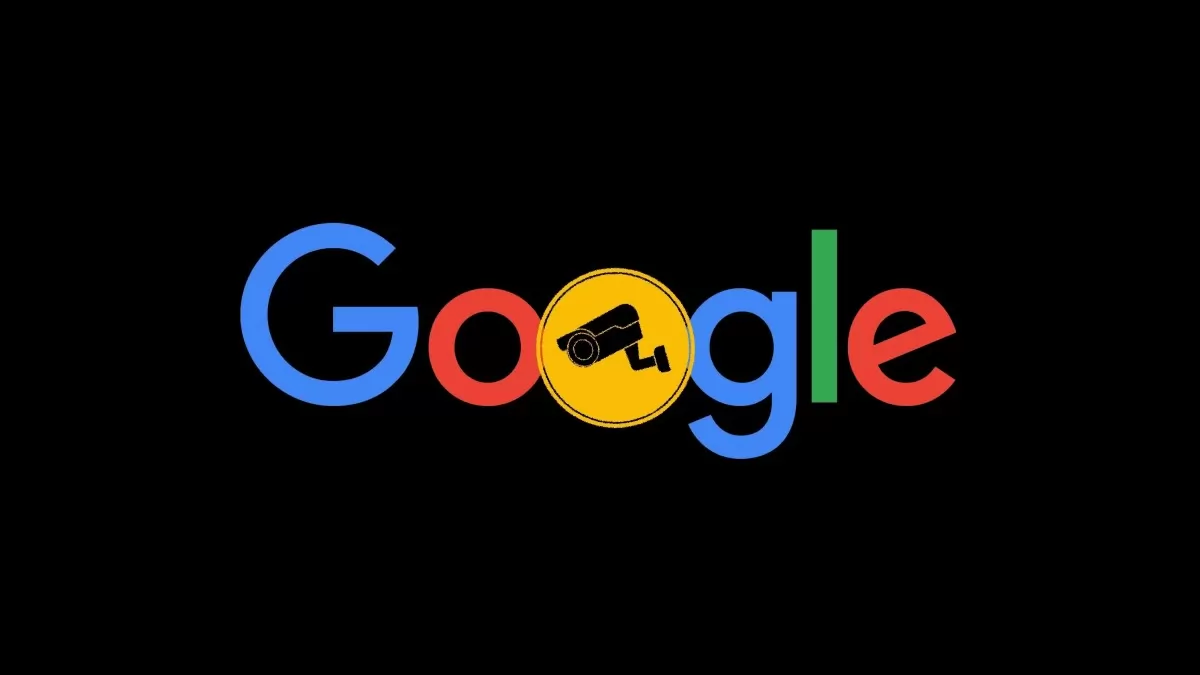
The internet may soon face a cookie-less future, as Google throws a handful of crumbs to usher in its Privacy Sandbox initiative. Starting January 4th, 2024, a small portion of Chrome users, roughly 30 million globally, will witness their browsing liberated from third-party cookie tracking.
These tiny snippets of data, once commonplace, have long held sway over the online experience, tailoring ads and remembering preferences. But cookies also raise privacy concerns, potentially revealing personal details and hogging browser bandwidth. So, Google's decision to block them for some users marks a significant shift.
Sites will no longer have access to third-party cookies for 1% of Chrome users Jan. 4. Here's everything we know about the phase-out. 🍪 https://t.co/tn4I9ICArW
— Adweek (@Adweek) January 3, 2024
However, like a baker offering samples before a bake sale, this rollout is just the initial taste. Google plans to phase out third-party cookies entirely for Chrome by the end of 2024. But, let's not forget - cookies fuel the advertising engine that drives much of Google's revenue.
To bridge the gap, Google introduces its "Tracking Protection" feature. This acts as a digital bouncer, barring third-party cookies from snooping across websites. But how, then, does Google deliver targeted ads? Cue "Ad Topics", a new system that draws upon your recent Chrome browsing history to assign you interest "labels". So, instead of cookies stalking your every click, Ad Topics paints your browsing habits in broad strokes.
This transition raises questions. While Tracking Protection promises enhanced privacy, Ad Topics, relying on Google's own data, could raise some eyebrows. Critics argue that it gives Google unprecedented control over user profiling, albeit without third-party involvement.
The cookie crumbles, and the digital landscape shifts. Whether this is a genuine stride towards online privacy or a strategic manoeuvre by Google remains to be seen. One thing's for sure: the web we once knew is in for a sweet and sour transformation.





Copyright © 2026 Top Indian News
